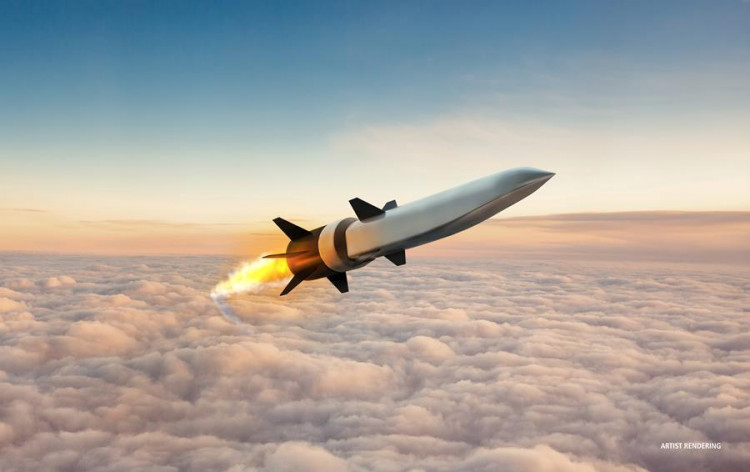A treason investigation centered around three prominent Russian academics specializing in hypersonic missile technology has ignited widespread concern within Russia's scientific community. The Kremlin confirmed the severity of the accusations on Wednesday, adding that the matter is currently under the purview of the security services.
Scientists from Siberia penned an open letter on Monday defending Anatoly Maslov, Alexander Shiplyuk, and Valery Zvegintsev, the accused academics. The letter emphasized their professionalism, patriotism, and their incapability to commit the suspected treason. The signatories expressed their worry that these prosecutions could significantly undermine Russian science.
President Vladimir Putin has previously lauded Russia as a global frontrunner in hypersonic missile technology, boasting of missiles that can reach speeds up to Mach 10 (12,250 kph), thereby dodging enemy air defenses. These claims were challenged on Tuesday when Ukraine reported destroying six such weapons in a single night, a statement disputed by Russia.
The accused scientists have a long-standing history of active participation in academic conferences, particularly relating to their field of expertise. For instance, in 2012, Maslov and Shiplyuk presented findings on hypersonic missile design at a seminar in France. In 2016, all three contributed to a book chapter discussing aerodynamic research facilities for hypersonic technology in Russia.
The open letter, originating from their colleagues at the Khristianovich Institute of Theoretical and Applied Mechanics (ITAM) in Novosibirsk, states that all international presentations by the accused scientists were meticulously vetted to exclude any restricted information.
The authors of the letter expressed their fear that "any article or report can lead to accusations of high treason," casting a shadow of uncertainty over the continuance of their scientific work.
The open letter also mentioned the case of Dmitry Kolker, a Siberian scientist arrested on suspicion of treason last year, who tragically died two days later due to advanced pancreatic cancer.
Such episodes are reportedly deterring young Russian scientists, with the letter stating, "Even now, the best students refuse to come to work with us, and our best young employees are leaving science."
Responding to the letter, Kremlin spokesman Dmitry Peskov said, "We have indeed seen this appeal, but Russian special services are working on this. They are doing their job. These are very serious accusations."






